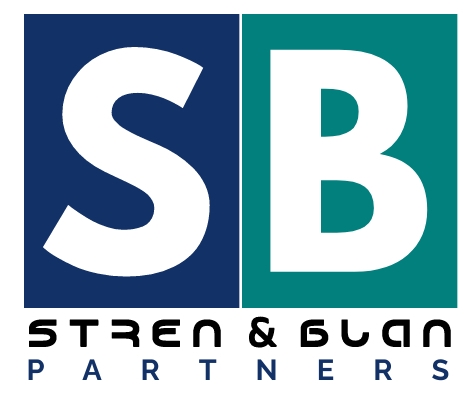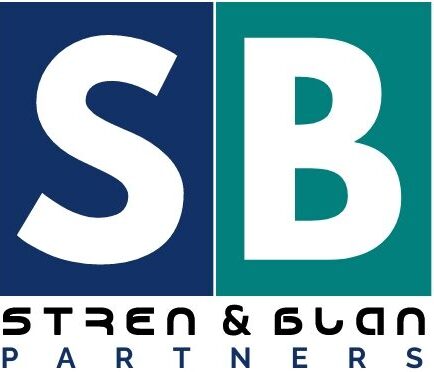Companies and Allied Matters Act, 2020 – Requirement for Minimum Issued Share Capital
This article has been prepared in line with the enacted Companies and Allied Matters Act, 2020 (the “CAMA”) and look to address the requirement for Companies to fully issue its share Capital.
A key change introduced by the CAMA is the requirement for a minimum issued share capital as provided under section 124which provides that companies must have a minimum “issued share capital” of ₦100,000 (One Hundred Thousand Naira) for private companies and ₦2,000,000 (Two Million Naira), for public companies. Relatedly, Companies with issued share capital less than the minimum share capital were required to, not later than six (6) months after the commencement of the CAMA, issue shares up to an amount not less than the new minimum issued share capital.
Prior to the enactment of the CAMA, the repealed Companies and Allied Matters Act, 1990 (the “repealed CAMA”) provided for the minimum authorized share capital for private and public companies to ₦10,000 and ₦500,000 respectively. The repealed CAMA allowed companies to retain unissued shares for future allotments as Companies were only required to issue a minimum of 25% of their authorized share capital. However, this practice has been repealed under the new dispensation of the CAMA 2020.
The Companies Regulations 2021 (the “Companies Regulations”) provided clarity on the requirement of share capital and directed companies in existence, prior to the introduction of the CAMA, to comply with the requirement of minimum issued share capital by 30th June 2021.
The Corporate Affairs Commission (the “CAC”), through the Minister of Industry, Trade and Investment, approved an amendment to Regulation 13 of the Companies Regulations. The amendment allowed for an extension of the earlier deadline for complying with the requirements of issued share capital by companies with unissued share capital, from 30th June 2021 to 31st December 2022. To this end, the CAC directed companies with unissued or unalloted share capital to issue or allot same by 31st December 2022, failure in which would result in the defaulting company and its officers liable to a daily default payment.
Another consequence of non-compliance is that any share capital that remain unissued after 31st December 2022 shall not be recognized as forming part of the share capital of the company until the share capital of the company is fully issued or reduced accordingly.
Following the onset of the above directive by the CAC, most private and public Companies have complied with the provisions. Some options available to companies to dispose of their unissued share capital are highlighted below:
Rights Issue
A rights issue is an offering of rights to the existing shareholders of a company that gives them an opportunity to purchaseadditional shares directly from the company at a discounted price. The unissued shares would be issued to the existing shareholders for consideration in the proportion of their existing holdings (this is a non-dilutive and pro-rata basis way of raising capital).
Existing shareholders will usually enjoy the right to purchase additional shares. However, where a shareholder ignores the rights to purchase additional shares, their existing shareholding will be diluted post issue of additional shares.
Bonus Issue
This is a procedure where shareholders are given additional shares in proportion to their existing shareholding without any additional cost.
Allotment of shares
This implies that the unissued shares would be allotted to either new or existing shareholders. Allotment of shares are required to be done at the same time the shares are issued.
Private Companies are authorized to delegate the power to issue and allot shares to the Board of Directors. For Public companies, the criteria are quite stringent and the power to issue and allot shares may be delegated to the Board of Directors if; it is generally or specifically authorized by the company’s articles of association and if it is authorized by resolution of the company in a general meeting to the extent that it states: (i) the maximum number of shares that the Board should issue; (ii) specific transaction that the shares should be issued for ; and (iii) the time following the passing of the resolution, within which the Board should issue the shares, failing which the authorization would lapse.
In view of the above, the power of a public company to allot shares is subject to the provisions of the Investment and Securities Act, 2007. In addition, where the shares are listed, the public company would obtain the approval of the Securities and Exchange Commission and Nigerian Exchange Group.
Cancellation of unissued shares
The CAMA is silent on the cancellation of unissued share capital. However, the repealed CAMA provided for the cancellation of shares which at the date of the passing of the resolution for cancellation have not been taken or agreed to be taken by any person.
Whilst cancellation of shares is not expressly stated in CAMA, it is pertinent to note that, the Company can proceed to reduce its share capital in line with section 130 – 136 of the CAMA, thereby cancelling all unissued share capital. Most public Companies and Nigerian Banks have opted for this option.
The Companies Regulations provides that a Company with unissued shares in its capital shall not later than 31st December 2022 fully issue or cancel such shares and reduce share capital in line with Section 130 – 136 of the CAMA.
Implications of the above
Following the above, Companies that do not have up to the required minimum issued share capital of ₦100,000 and ₦2,000,000 for private and public companies, respectively, are required to increase their share capital to the statutory minimum and fully allot the shares.
Final thoughts
Companies with unissued share capital should immediately comply with the CAMA mandate before the expiration of the allowed timeline. The premise on which the above options would be implemented should be agreed upon by the Company’s Shareholders, Board of Directors, and other Stakeholders authorized to take such decisions within the Company. In complying with the options above, strict adherence should be made to the peculiarity of the Company as it relates to its sector and stakeholders.
It is also important to note that the various options attract respective tax implications, and this should be understood prior to implementing any of the options.
Who We Are
Stren and Blan Partners (formerly Bridgeforte Attorneys) is an innovative and dynamic law firm with a compelling blend of experienced lawyers and energetic talents. Our lawyers are available to provide you with innovative solutions on complex business and legal issues across a variety of sectors. We operate from our Head Office in Lagos, with operational branches in Abuja and Enugu.
This publication is for general information only. It should not be construed as legal advice under any circumstances. For more information about the firm and its practice areas, please visit www.strenanblan.com. You can also contact us via contact@strenandblan.com or call +234 (0) 7025580053.
Author:
Anne Uwaifo
Managing Associate and Team Lead, Corporate Services

